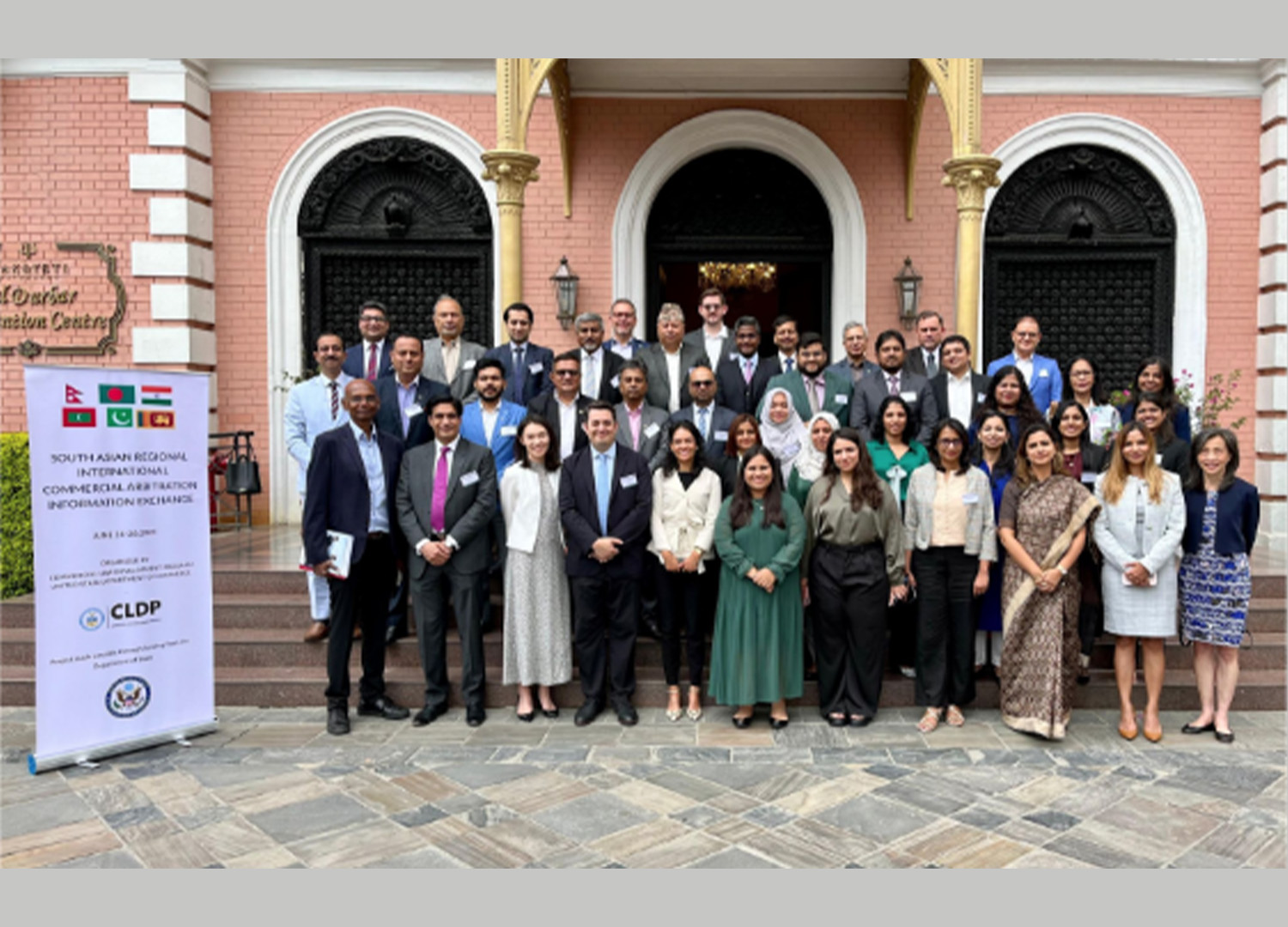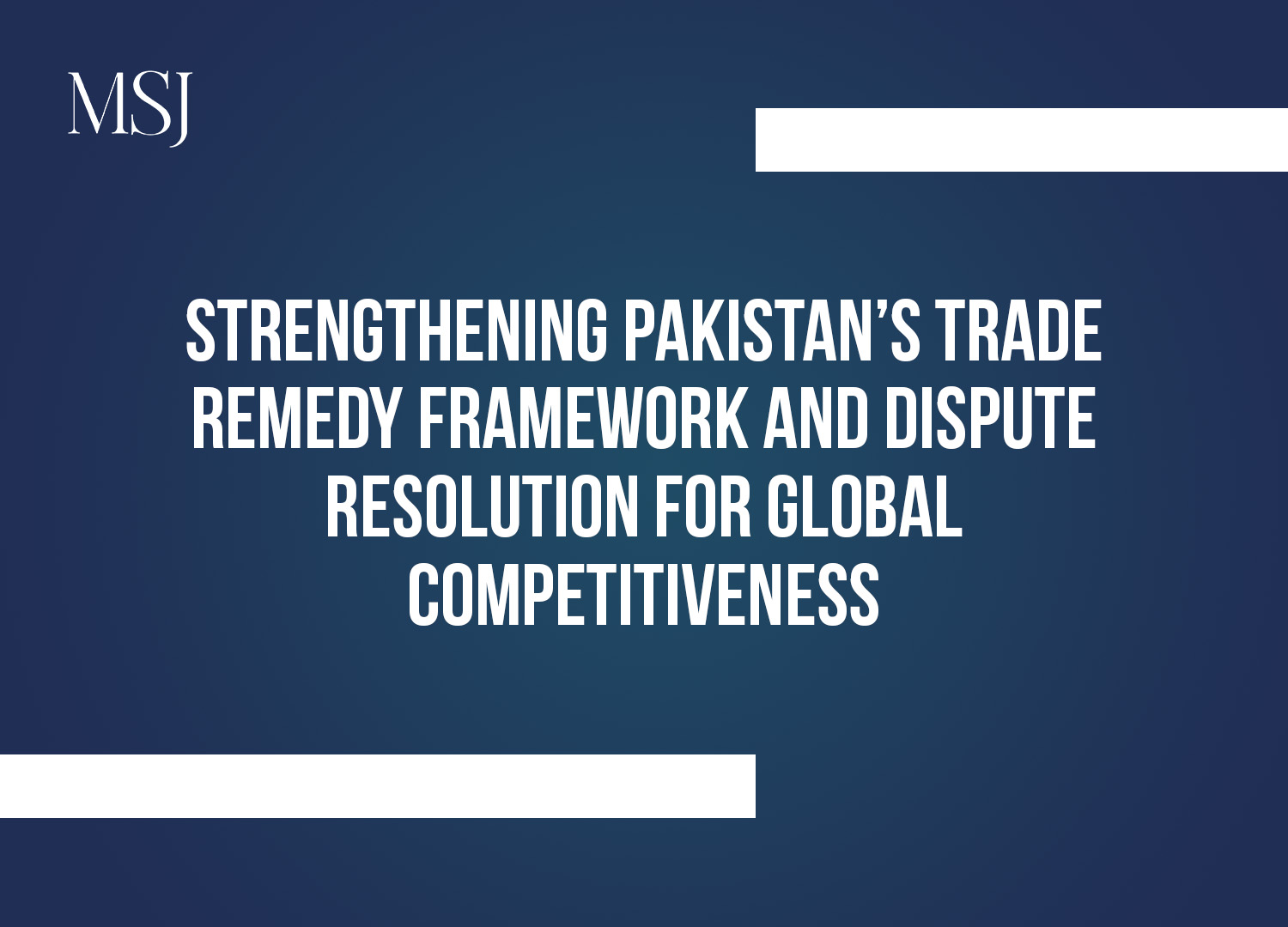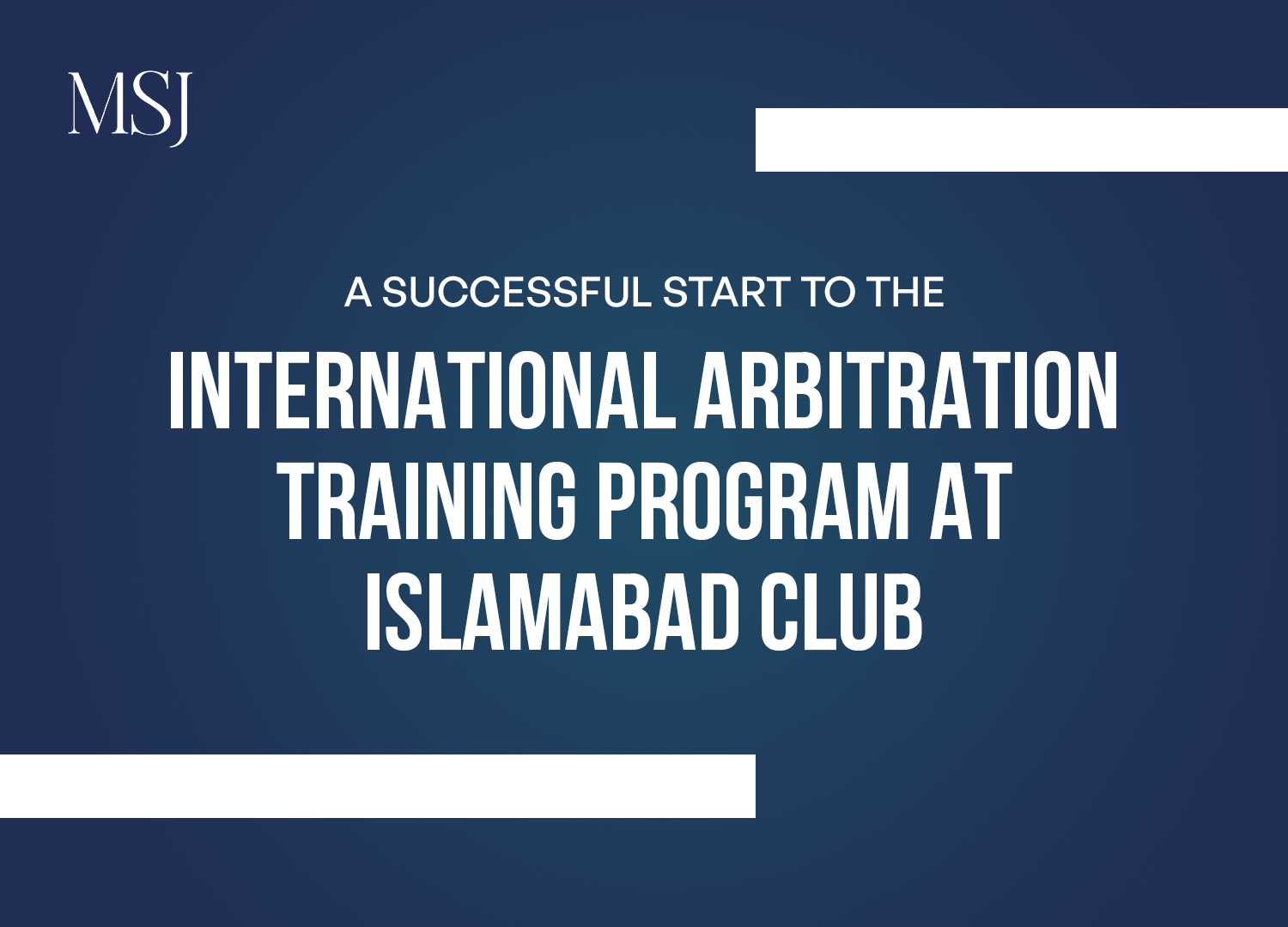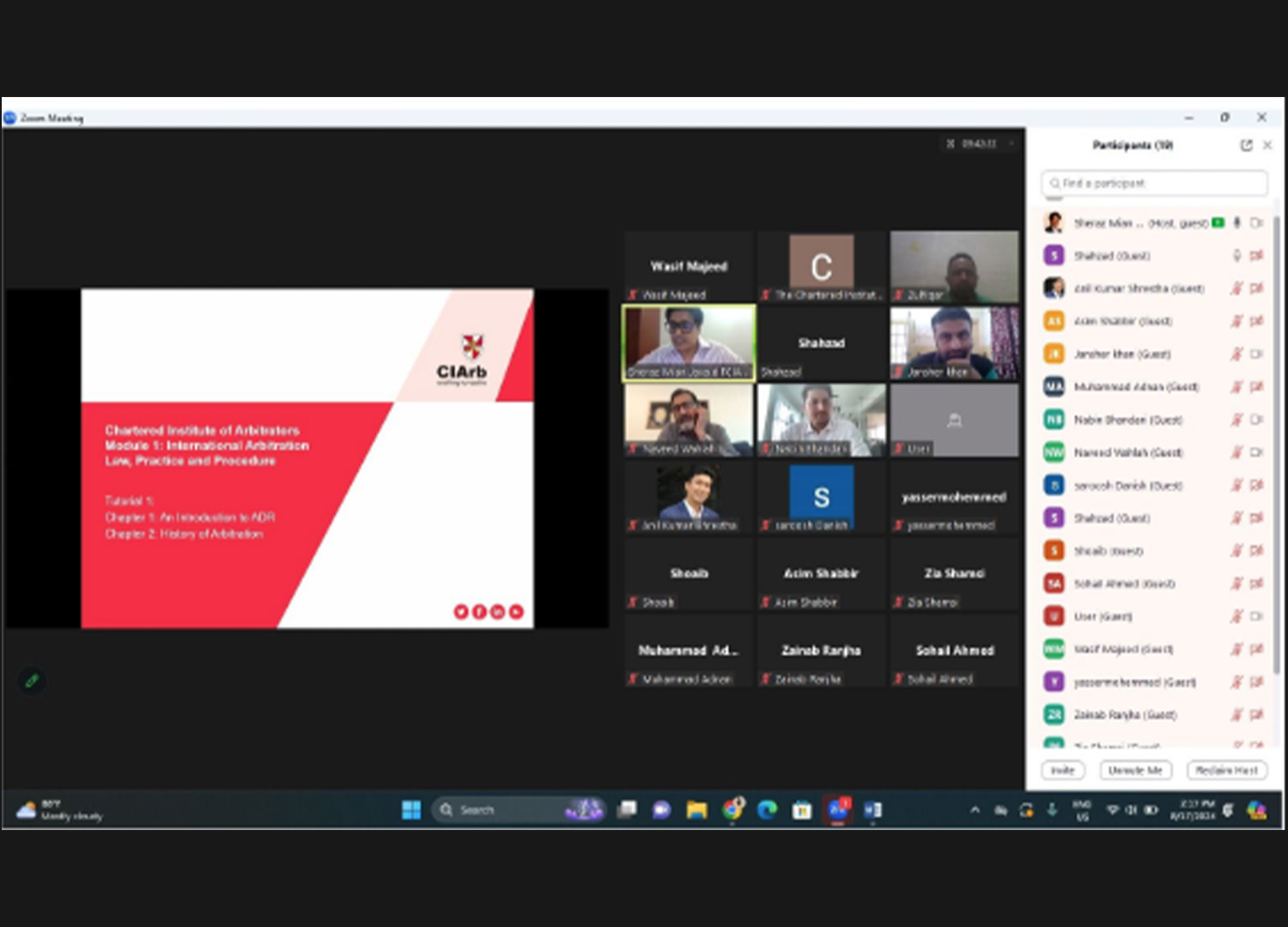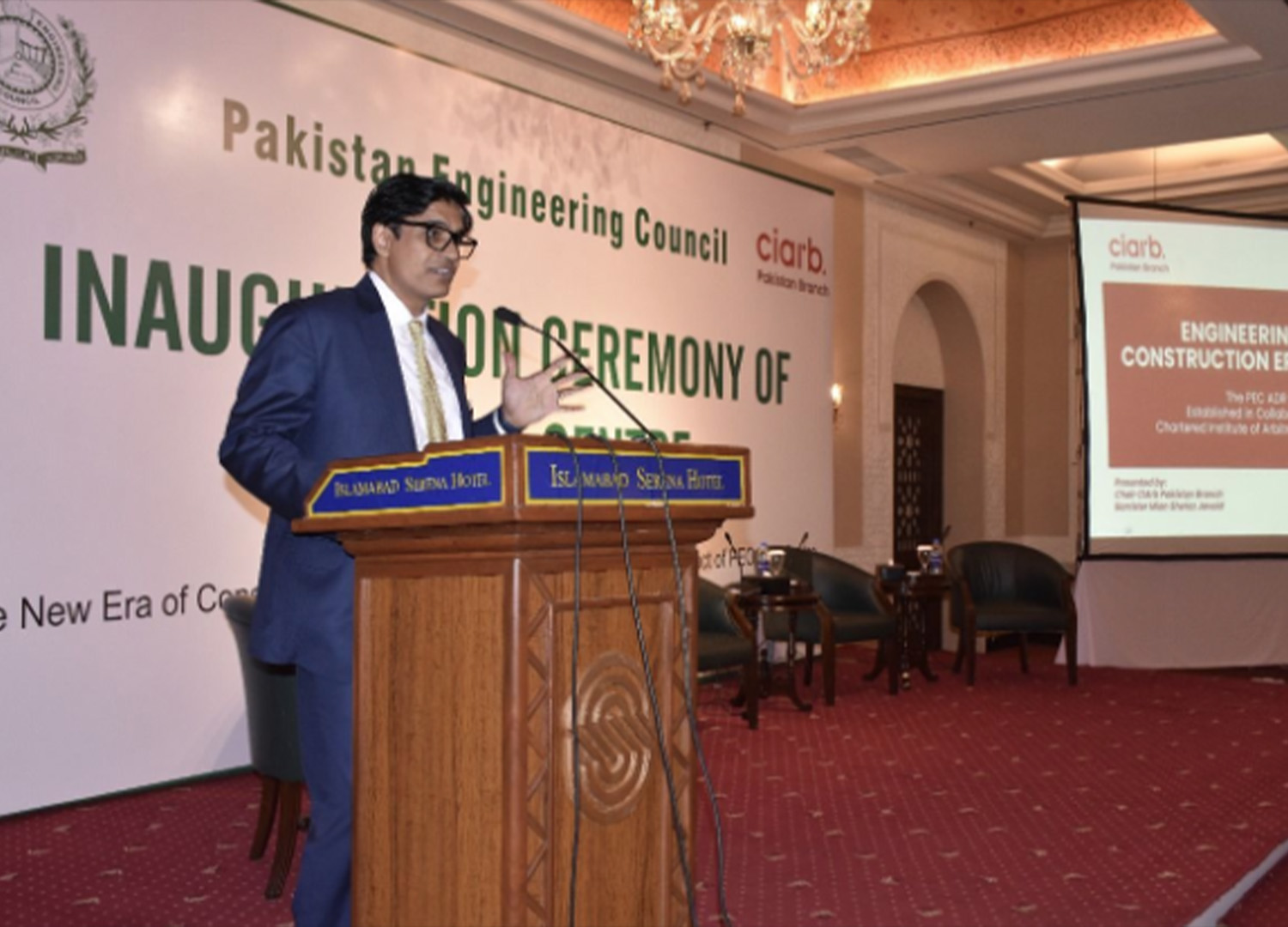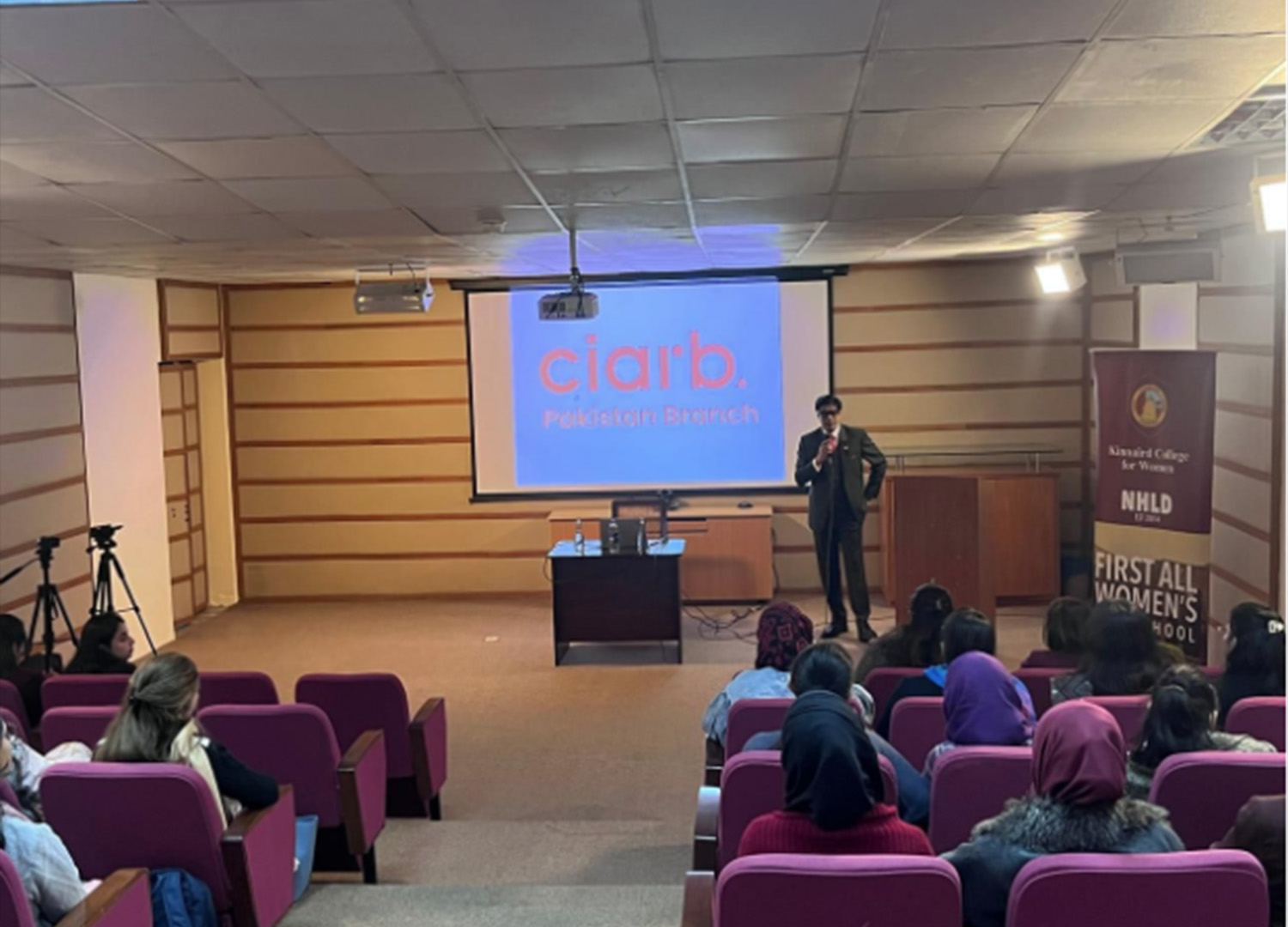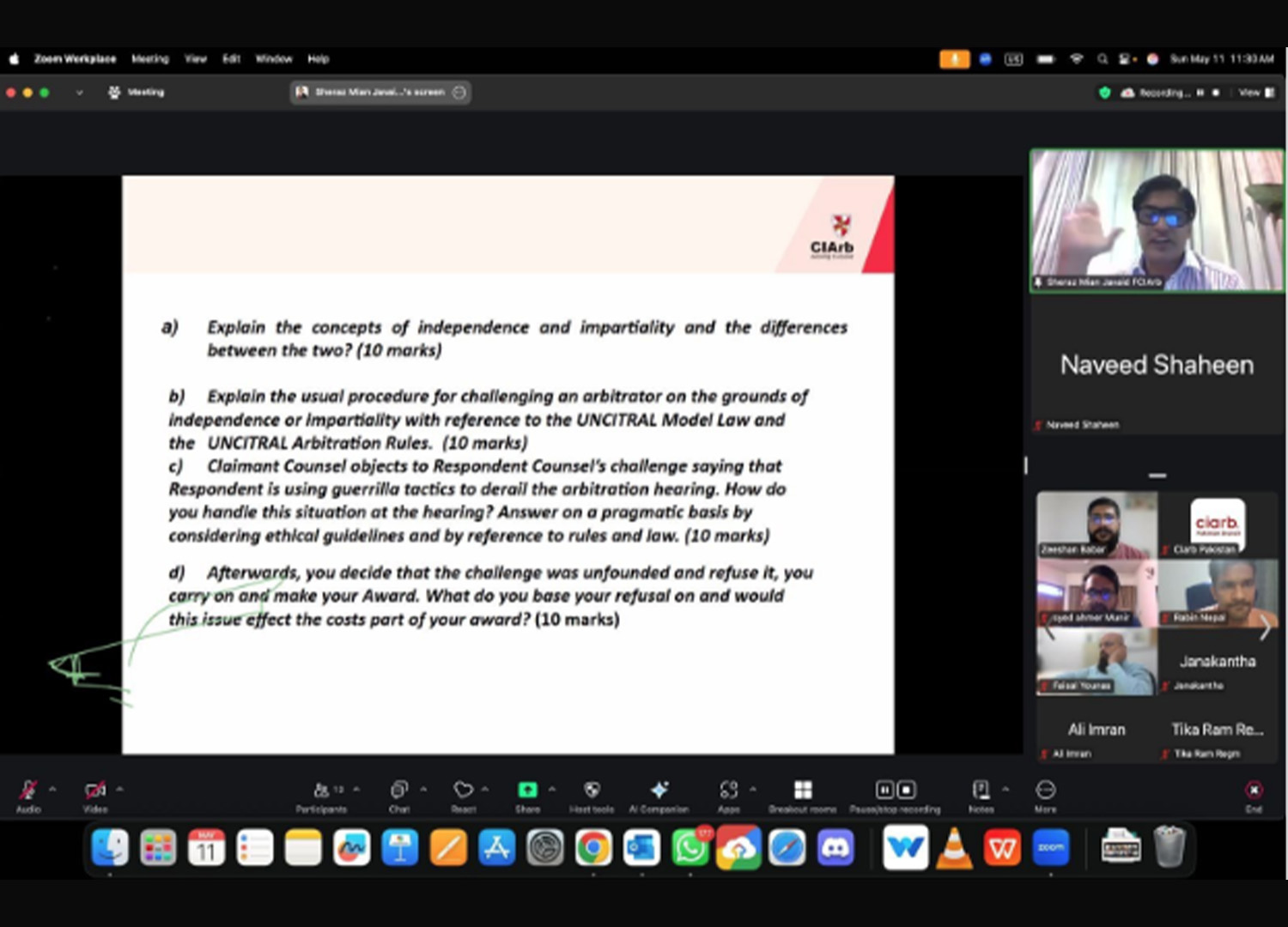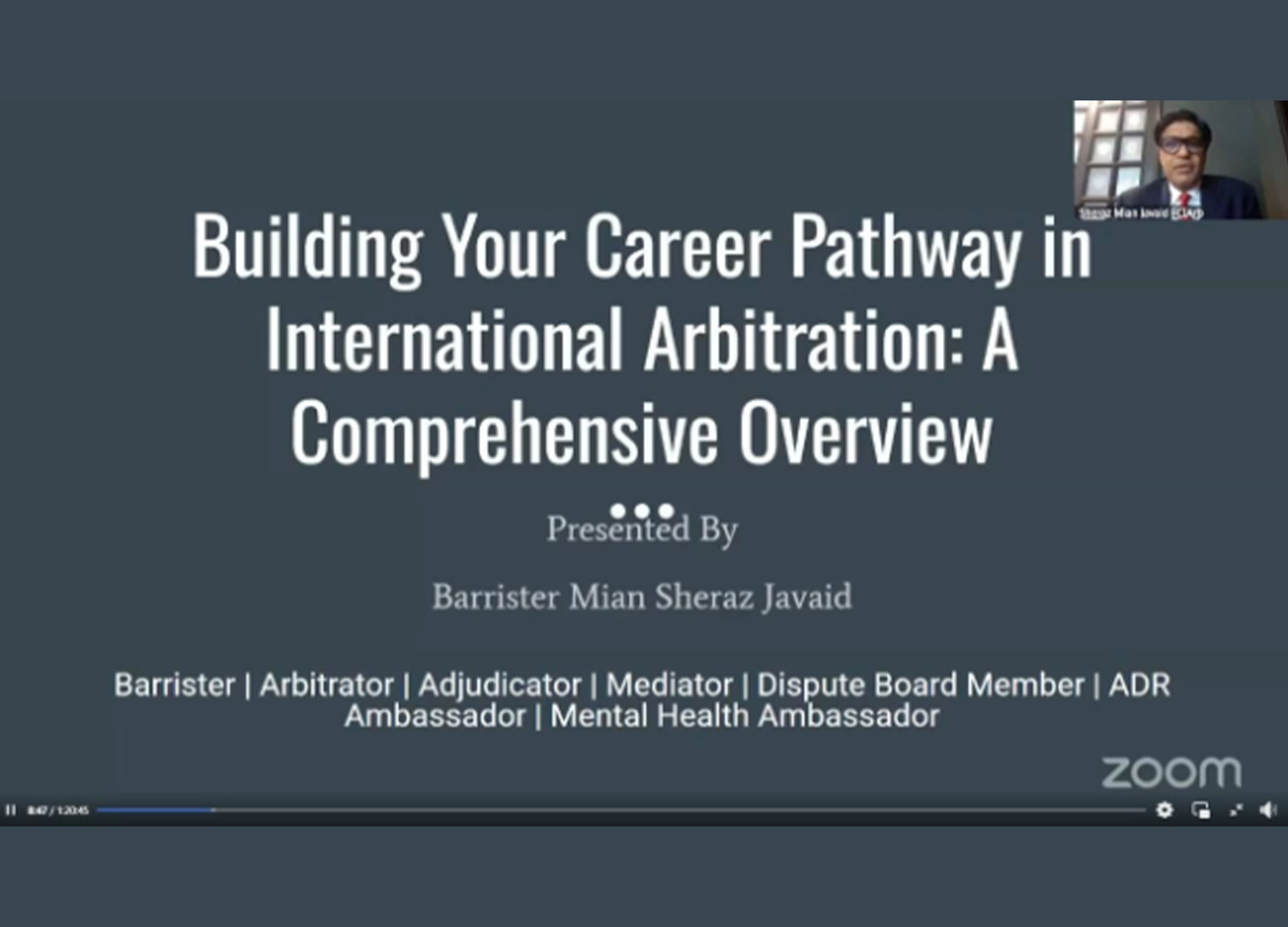MSJ Bridges Engineering and Arbitration in Guest Lecture at NED University
The lecture, titled “Resolving Construction Disputes: Insights into Arbitration at National and Global Levels”, served as both a masterclass in construction law and a roadmap for professional growth in alternative dispute resolution (ADR).
Construction Arbitration: The Global Standard for Complex Disputes
MSJ opened the session by framing arbitration as the preferred mechanism for resolving construction disputes, both within Pakistan and across international jurisdictions. Drawing on his experience in high-stakes infrastructure arbitrations across the UK, UAE, and Asia, he explained why the sector remains arbitration-intensive: “High capital investments, complex execution timelines, and international parties necessitate fast, enforceable, and confidential resolution mechanisms,” he noted.
Participants were taken through key features of construction arbitration including:
- The role of institutional rules (ICC, LCIA, SIAC) and bespoke clauses in large infrastructure contracts;
- The importance of dispute boards, adjudication, and early neutral evaluation in the project lifecycle;
- And the emergence of hybrid arbitrator-engineer roles, reflecting how technical insights are increasingly pivotal in managing delay, disruption, and defect claims.
Engineers as Future Arbitrators
Speaking directly to the engineering professionals in the audience, MSJ emphasized the growing demand for engineer-arbitrators in global practice. “Technical credibility and legal literacy are no longer separate domains—they’re increasingly integrated in modern dispute resolution,” he said. He encouraged engineers to pursue structured ADR training, especially through institutions like the Chartered Institute of Arbitrators (CIArb).
He shared real-world examples of how engineers, when properly trained, bring unique clarity to fact-heavy disputes, especially in sectors like construction, energy, and transport. “You don’t just read contracts—you build them. That makes you invaluable in dissecting them during disputes,” he said.
Pakistan’s Construction-Centric Future and the Need for ADR
MSJ also contextualized the lecture within Pakistan’s broader infrastructure boom, citing mega-projects under CPEC, urban expansion, and renewable energy developments. “Our economy is construction-centric. But unless we pair it with a dispute resolution infrastructure, we risk long delays, contract terminations, and foreign investor distrust.”
He urged the attendees to view arbitration and ADR not as elite practices, but as accessible, scalable tools for economic progress, particularly in commercial hubs like Karachi, Lahore, and Islamabad.
CIArb Membership and Career Pathways
The session concluded with practical guidance on pursuing CIArb training and membership, a path MSJ has actively championed through his leadership at CIArb Pakistan Branch. He outlined how students and professionals can take the CIArb Pathway Courses in Arbitration, Mediation, and Adjudication, and leverage global networks to secure roles as counsel, tribunal secretaries, or eventually, arbitrators.
He also provided career planning advice, urging the students to:
- Develop portfolios early, combining technical reports with legal frameworks;
- Pursue mentorship and moot competitions in arbitration;
- And engage with international forums like PIDW and TIAC to broaden their exposure.
Closing Reflections
Reflecting on his own journey—from civil engineer to international arbitrator—MSJ described the session as “more than a lecture—it was a dialogue between disciplines, between experience and aspiration.”
He praised NED University and Dr. Farrukh Arif for nurturing a generation of legal-technocrats capable of advancing Pakistan’s global presence in ADR. “We’re not just training arbitrators—we’re future-proofing our legal infrastructure,” he concluded.
Subscribe to get latest Updates & Activities.
Follow us on Medium, Twitter, Facebook, YouTube, and Dribbble.



